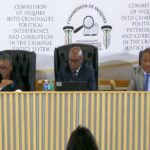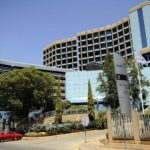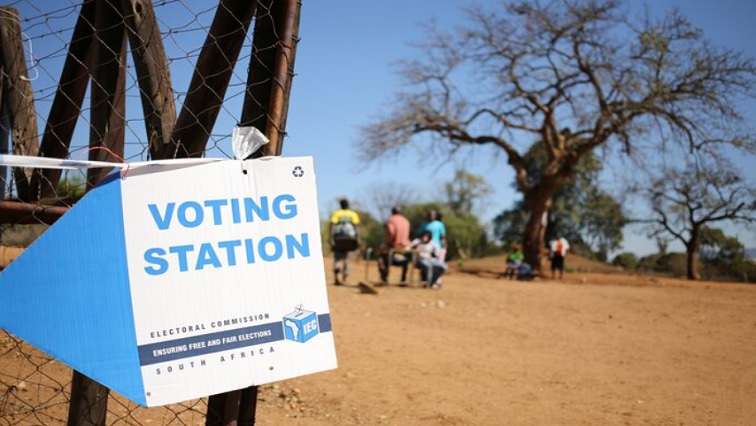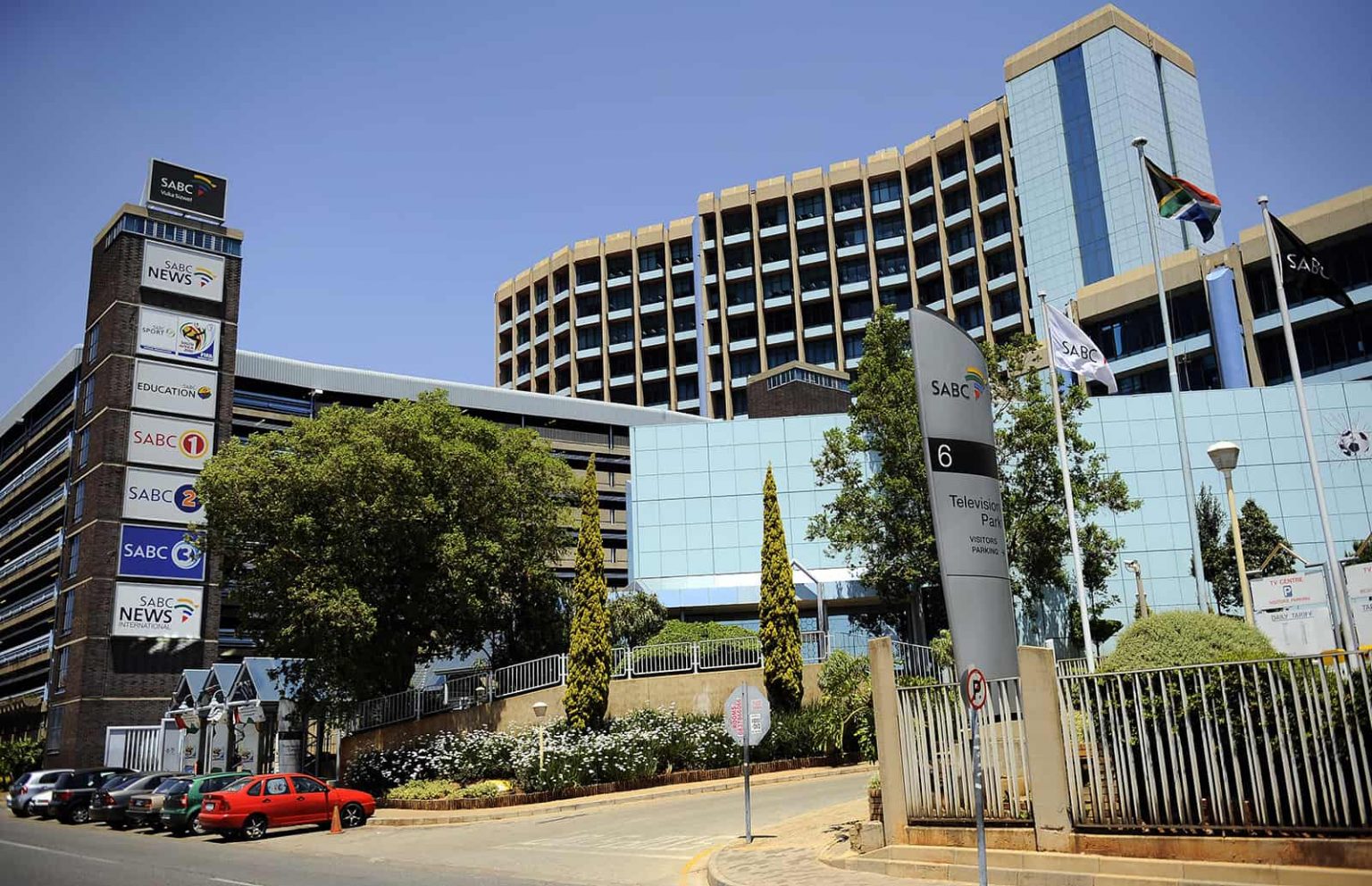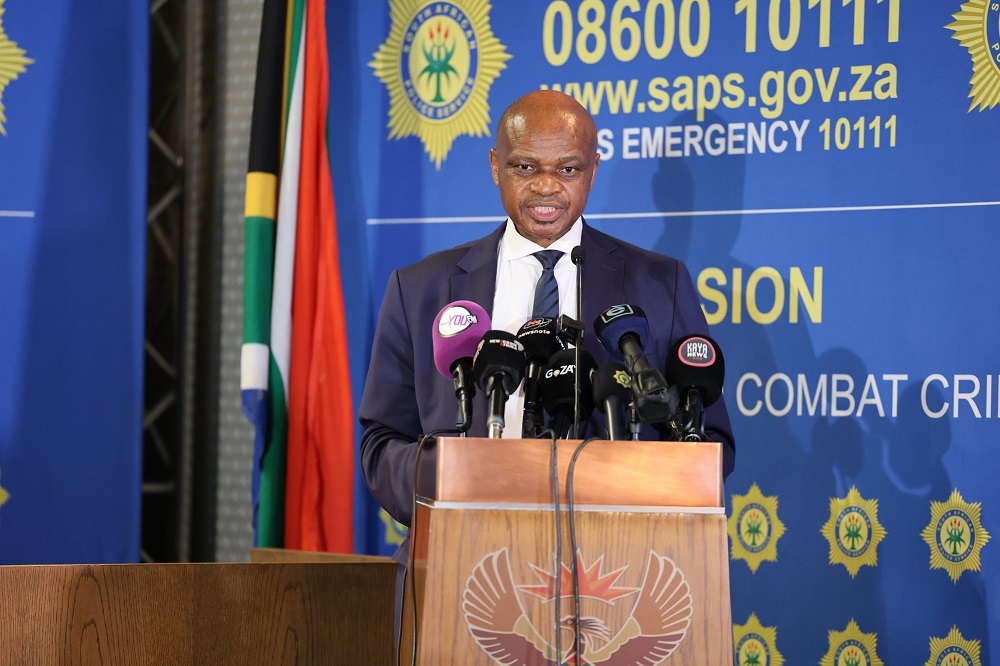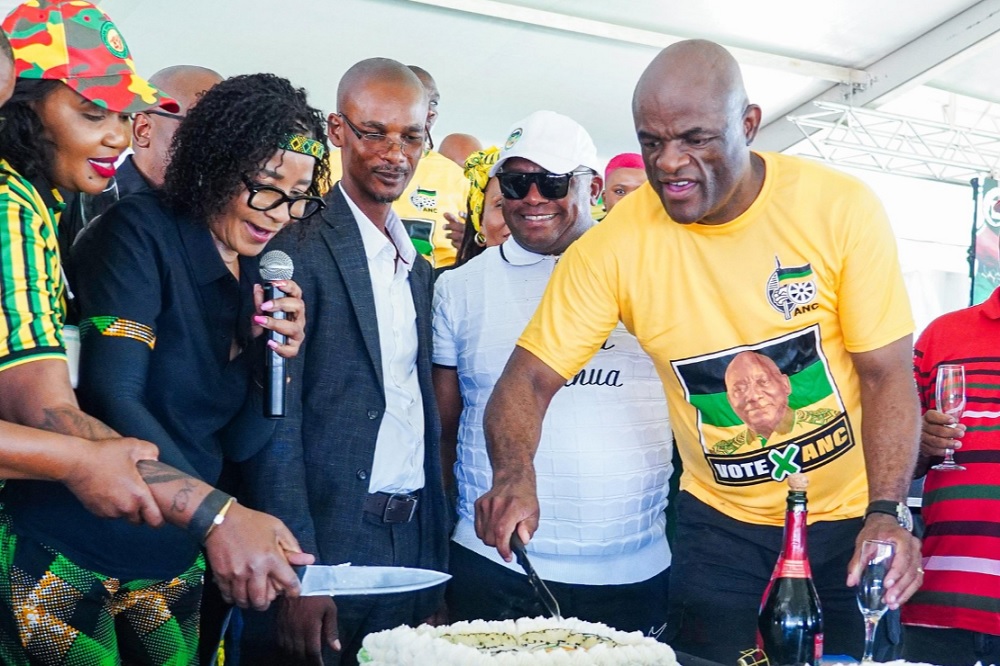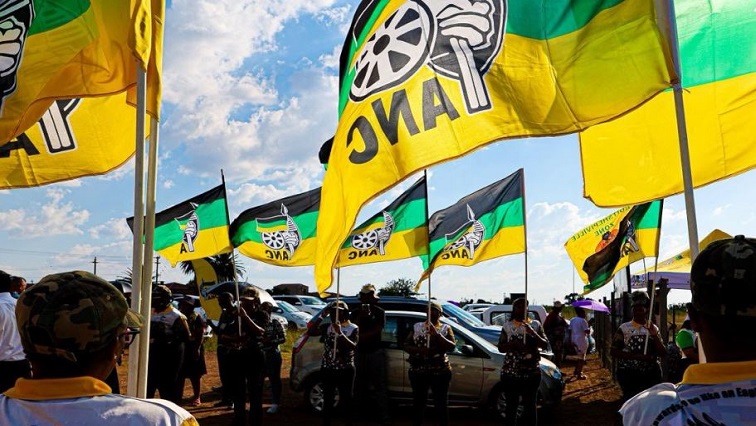-
Locals are seen outside a polling station during tense local municipal elections.
The country’s municipal wards are in for a shake-up ahead of the 2026 local elections.
This as the Municipal Demarcation Board (MDB) says its work for the ward delimitations is well on track before the crucial polls. Currently, South Africa has 4 468 wards.
The MDB is on a countrywide ward delimitation public consultation process and will hand over its report to the Independent Electoral Commission (IEC) in five months’ time.
The CEO of the MDB Manye Moraka outlines the demarcation process and the implications it has for citizens.
“A ward is split of it above the norm, so if for example in the previous elections, that ward had about 10 000 people and suddenly in five years it increases to 20 000. The norm says we can only increase a ward by 15 percent that which should have been 11 500 or decrease it to 8 500 but if it’s at 20 000 we are obligated to split it. So, I then explained to people or that’s what the officials explain to people that as they make presentations or submissions to those meetings. They must then indicate what the implications of the splitting are, is it going to be in contravention with the constitution, are we segregating people or disintegrating communities? So that those motivations form part of the attachment which will be going up the board.”
The MDB has received thousands of applications for the re-determination of municipal wards.
Thirteen cases have since been deferred and are currently subjected to further research and public engagement and this process will only be finalized in February next year.
Moroka outlines the process for objections, ” Members of society and stakeholders will have 14 days to provide objections, then after that it will go to the board for decision making. Our deadline to the IEC is two-pronged; it’s the 31st of October for all the ward delimitations where there are no deferred cases. Now you will recall, we had 13 deferred cases, the Tlokwe issue, the Qwaqwa one, the Mangaung one, what’s going to happen, those will be considered by the board, the second report to the IEC on the 13 areas will be provided on or before January, 2026.”
Upon receiving a report from the MDB, the Electoral Commission will then undertake a process of informing the voters and re-registering affected voters in various wards as the CEO of the IEC Sy Mamabolo explains.
” On receipt of the ward boundaries, the Electoral Commission will in turn undertake an assessment to ensure that the boundaries of its network of 23 292 voting districts are aligned to the wards. In instances where, as a result of the demarcation of wards, voting districts no longer accord to the wards, the Electoral Commission will undertake projects to communicate and re-register the affected voters to ensure that they are registered in wards of ordinary residence.”
Meanwhile, the Demarcation Board has given assurances that the delimitation process is a free and transparent where all stakeholders are involved, including political parties.

